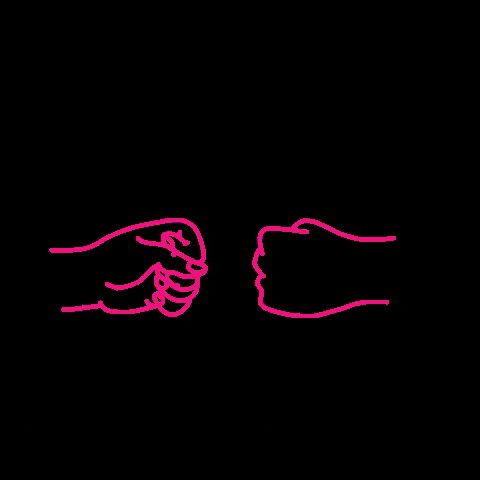How friendships are born
Plus, why those friendships matter
BRAIN WAVES
Birds of a feather. Why do we click with some people right away, but not others? Researchers at UCLA were curious about this question. Specifically, they wanted to know if people who become friends have similar neural activity patterns. In a study, they scanned the brains of incoming college students as they watched various video clips, like homemade wedding videos, interviews with astronauts describing seeing Earth from space, or clips from America’s Funniest Home Videos. Next, they followed the students over the academic year to see who befriended whom, and how close they became. The findings? Students whose brains responded similarly to the same videos were more likely to become friends and grow closer over time. “This suggests that friendships aren’t just built from chance encounters,” said study author Carolyn Parkinson. “Rather, friendships seem to be shaped in part by shared ways of seeing and interpreting the world.” Who knew memes could be the secret to lasting friendships?
Help is on the way! It feels good when our friends and family are rooting for us, but this kind of social support comes with benefits that go beyond the warm fuzzies. A systematic review with meta-analyses found that perceived social support (the belief that help from others is available if needed) is strongly linked to thriving across key areas in life. Researchers analyzed studies involving nearly 900,000 people across 30 countries. They found that feeling supported is consistently associated with better mental and physical health, improved work and school performance, and fewer risky behaviors. Put simply, knowing you’ve got someone in your corner can shape how well you live, learn, and grow. “Our findings also suggest that adolescents, in particular, can benefit from perceived social support — especially from parents— for improving physical health and reducing risk-taking behavior,” said lead author GeckHong Yeo.
Feedback. It’s not easy for most of us to receive negative feedback. Even when it’s constructive and reasonable, we often feel the urge to defend ourselves. So how can we get better at it? Listen to learn more.
ON THE HIDDEN BRAIN PODCAST
Love 2.0: How to Move On: For many of us, navigating the end of a relationship is one of the hardest things we will ever do. This week, we look at the most common mistakes we make when it comes to splitting up, and techniques to ease the pain.
ON THE MY UNSUNG HERO PODCAST
Eric Schwartz’s Story: When he was 15, Eric lost his mother to suicide. When he returned to school, most adults avoided the subject — until his chorus director got up from the piano and gave him a wordless hug.
Don’t forget to send us the story of your unsung hero! Record a voice memo on your phone and email it to myunsunghero@hiddenbrain.org.
HIDDEN BRAIN ON TOUR!
The Hidden Brain tour continues. Don’t miss your chance to get tickets! Join our host Shankar Vedantam as he brings seven key insights from the first decade of Hidden Brain to the stage. Our next stop:
MIND GAMES
Four cars come to a four-way stop, each coming from a different direction. They can’t decide who got there first, so they all go forward at the same time. All four cars go, but none crash into each other. How is this possible?
LAST WEEK’S PUZZLE
What has to be broken before you can use it?
The answer: An egg
A MOMENT OF JOY
This weekly newsletter is made possible in part by Loom by Atlassian. Unstuck your process, projects, and teams with video communication from Loom. Try Loom today at loom.com.
Have an idea for Hidden Brain? A story you want to share with us? Send an email to ideas@hiddenbrain.org. Listen to us on Spotify, Apple, Amazon Music or your favorite podcast platform.



